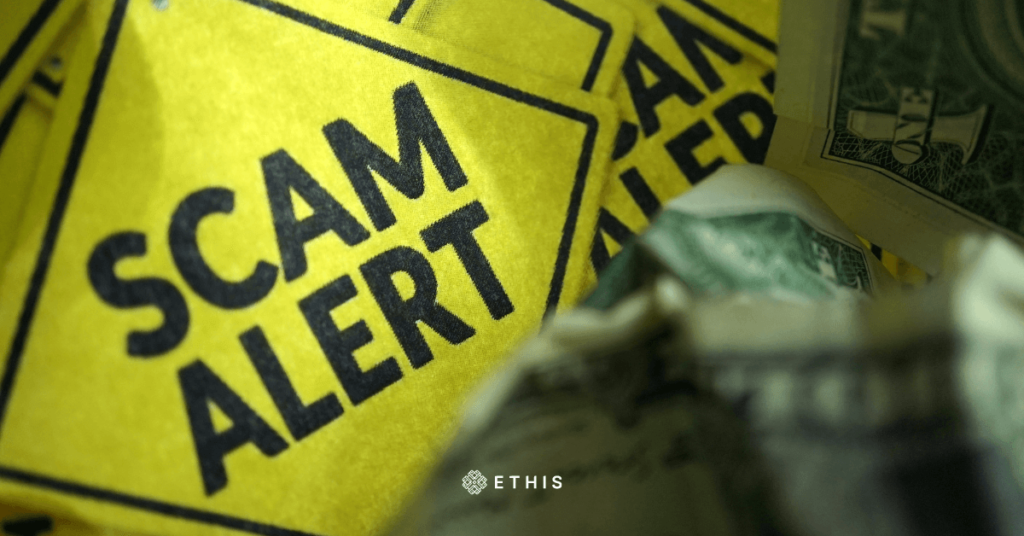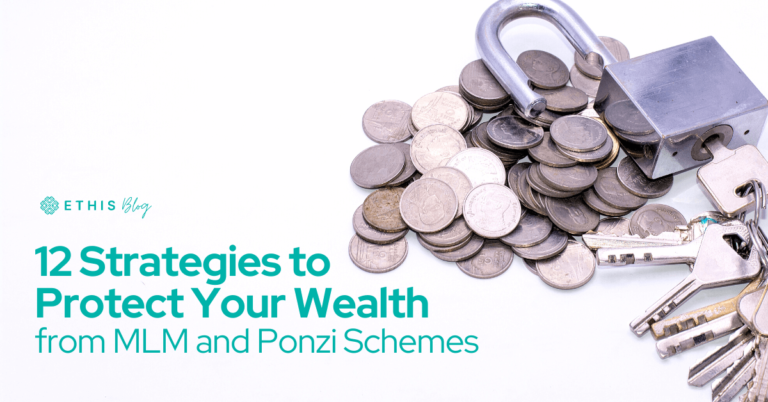
Ponzi schemes are detrimental to society. This is due to the fact that major financial losses are incurred and also because of the absence of trust that clients feel towards the business in general.
Countless people have fallen prey to the Ponzi schemes and have lost substantial investment amounts in the fraud. Targets range from low-income to high-income individuals as well as businesses and non-profit establishments.
Organisations are usually struck the hardest due to the substantial amounts of investments they are capable of making. For e.g. In the Madoff scandal, many non-profit organisations lost millions after the scheme was exposed.
If they invest early enough, a number of investors do essentially make money. The source of this money essentially comes from new investors. Others may suffer the loss of their total life savings in these scandals.
Real-life examples of Ponzi Schemes
Even though Ponzi schemes appear to thrive in the financial industry, they may exist in any industry which requires investments to be made. For instance in India, farmers were made to believe that there was a substantial market for emu meat, feathers, and oil. Farmers bought emu chicks and received assurance from the scammers that the fully-grown emus would be bought at twice as much as the initial price. They were also guaranteed recurrent payments. However, when the scheme broke down and payments stopped, nearly 10 000 farmers were abandoned with approximately 100 000 birds and without any benefit from or use of them.
Albania has also suffered from numerous Ponzi schemes. In 1996, investors were promised more than 30% of returns per month from companies involved in Ponzi schemes. More than $1.2 billion was invested by three million investors with an income of roughly $8000 per year. The net result is that the investors lost their money, the economy of Albania had fallen drastically and growing unrest resulted in the deaths of 2000 people.
What is multi-level marketing(MLM)?


Even though the Federal Trade Commission advises that there are authentic MLM’s which exist today, some MLM operations are still indeed deceptive. According to statistical calculations, about 99.7% of all those who participate in MLM will lose money.
In some extreme cases, monetary losses from MLM participation have resulted in weighty debts, impoverishment, banned mortgages as well as unsuccessful educational and professional pursuits.
Oftentimes, participants who have an extreme commitment to MLM may even become addicted to the lifestyle. They are known as “MLM junkies” and have adopted its “easy money” attraction. These participants may find it very difficult to adjust to a standard work setting again.
Some participants of MLM lose more than just their money since it is very common for divorces among couples to take place as well as disagreements among extended families to arise. In extreme cases, there have also been reports of suicide and murders connected with MLM participation. In my opinion, these losses are much worse than financial losses.
Strategies to protect your wealth from Ponzi Schemes


1. Educate yourself and your loved ones regarding the nature and operation of scams
One of the most important ways to prevent ourselves and our loved ones from becoming victims of Ponzi scams and MLM scams is through education. Knowledge is power. Therefore we should educate ourselves first and then be in a better position to educate and pass on the information to those who are uninformed regarding its consequences.
2. Know the company you’re potentially dealing with
When approached or interested in a potentially dubious company, it is important to gather all facts about the company before deciding/thinking of becoming a participant. This type of research includes the company’s background, history, reputation, turnover, products, employees, services, and all company information which includes the company name, address, phone number, website as well as leaders within the organisation.
3. Talk to others
It will be good to authenticate the earnings of other independent distributors, family members or close friends that have worked for or are presently employed by the company. Look at other people’s way of life (e.g. their earnings, losses, and any difficulties encountered)



4. Know where and how your money will be invested
The deficiency in knowledge among people such as not knowing about the prospectus of an investment instrument will definitely lead to uncertainty and potential loss of their money. Potential investors should be familiar with specifics such as (1) the intention of investment, (2) asset apportionment, (3) level of risk, and (4) expected return.
Related: 7 Money Management Tips to Improve Your Personal Finance
5. Check the legality of the structure
Check with your country’s law if the business structure is allowable. If it is not, then you will obviously be part of fraudulent activity. Stay clear of products that do not fall under the scope of a public body/ authority.
6. Ask detailed questions


For MLM companies, find out whether: (1) Whether it is necessary to actually buy a product in order to become a distributor, (2) Whether there is a demand for this particular product or service if there are similar products on the market and if so, how well does these type of products usually sell, (3) Whether the company will buy back your inventory in the case where your products are not getting sold and what the contract cancellation policies entail. Ensure these promises are written and documented formally.
7. Beware of get-rich-quick schemes
BEWARE of promises of quick, easy, and excessively high profits and products with extravagant claims (e.g. so-called “health products”)
Never completely trust any advertisement/ promotion you see on social media in regard to these businesses and the money they make. Always be mindful that there is no easy way to success and there is no shortcut to making a lot of money.


8. Be careful of large start-up costs
Find out start-up costs and the expected return on investment. BEWARE if the start-up cost is very large because some schemes pressure you to pay large amounts of money in order to become a “distributor”. Know exactly what you are getting for your money!
9. Don’t simply follow the herd
Do NOT feel pressured to invest immediately simply because the people selling you the program are friends or are part of your social or religious circles. They may also have been misled into believing that they could make large amounts of money in a short space of time.
10. Beware of contact through online websites, social media, and/or dubious profiles.
If a scammer has been identified, it is better to block the scammer’s email address or ‘unfriend’ them from any social media sites or applications.
11. Avoid doubt and lack of transparency


Avoid promoters that are not able to explain their plans clearly and in detail. Do not go into a particular business when you are in doubt.
Beware of a company website with no physical address/ offices or contact numbers and be careful of an overall lack of transparency of company information.
Lastly, trust your instinct. Your “gut feeling” can be a source of guidance about whether a scheme is genuine or if the people and the company they represent, are just after your money!
If it seems too good to be true, it most probably is! Walk away because you will not only be saving yourself a lot of financial distress, heartache, and family problems, but you will also be doing a big favor to the economy at large by not supporting illegitimate business practices.
Related:8 Ways To Achieve Financial Freedom | Set yourself up for financial success





Top Posts
Islamic P2P Crowdfunding Explained
How to Earn Halal Money? The Money Mindset
Halal Investments for Singapore Muslims? It’s time for a shake-up in the Islamic Investments scene.
Smart investment for making Halal money
3 Reasons Why Property Crowdfunding is the Smart Investment for You